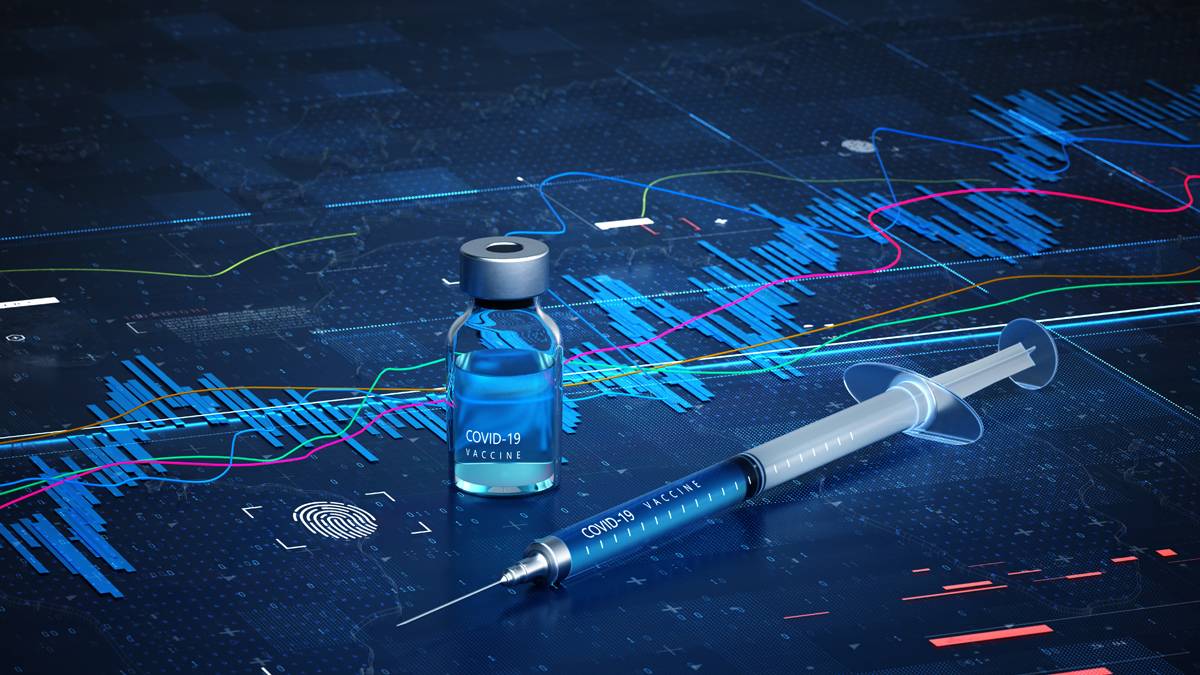When you are vaccinated, your body responds by preparing to protect itself. Side effects are a sign that your body is beginning to build immunity.1
- Vaccines provide immunity to diseases.1
- The vaccines usually come in two shots. It is important to get your second vaccination to complete the inoculation, despite any side effects that you may have felt.
COVID-19 vaccinations are designed to protect us from coronavirus. As with most vaccinations, some people who have received the various approved COVID-19 vaccines have reported side effects. These side effects show that your body is getting ready to protect itself from coronavirus, and building immunity to fight the virus.2
Common side effects to the COVID-19 vaccine
Side effects associated with COVID-19 vaccinations are generally mild. They usually last a day or two and get better on their own. In rare cases, they have been known to last up to a week.2,3,4
COVID-19 vaccination side effects include2,3,4:
- Pain or tenderness at the injection site
- Soreness in the arm where the injection was given
- Tiredness and fatigue
- Fever or chills
- Headaches
- Aching muscles or joints
Remember that any side effects that you feel are because your body is reacting to the vaccine and building an immune response.2
Treating side effects
Applying a cool, clean wet cloth on the injection site and using and gently exercising your arm can help alleviate any soreness you feel.3 If you are having other side effects beyond discomfort in your arm, drinking fluids and resting can help.2,3 Paracetamol may help alleviate any side effects you experience. Speak to the vaccination team or your doctor about what you might take.2,3
When to seek medical advice
Side effects usually disappear after a one or two days. If you are still experiencing discomfort or pain after that time, or if you are worried about how you are feeling, get in touch with your doctor. You should also speak to your doctor if the injection site gets redder or more tender after 24 hours.4
Allergic reactions to the COVID-19 vaccine
In some rare cases, people can have allergic reactions to vaccinations. These generally happen in people who have previously had allergic reactions to other vaccines. Symptoms of an allergic reaction include face and throat swelling; a rash; and a low blood pressure. The allergic reaction can often be treated by epinephrine (an EpiPen). People given a COVID-19 vaccine are often asked to wait for 15-30 minutes after receiving their vaccination, in case a reaction should occur, so that staff can treat it quickly.1,2
It is very important that you tell staff at the vaccination center if you have ever had an allergic reaction to a vaccination or any ingredients in the vaccine.2
Sources:
- Vaccine side Vaccines.gov. https://www.vaccines.gov/basics/safety/side_effects. Reviewed February 2020. Accessed February 26, 2021.
- COVID-19 vaccines: Safety, side effects — and coincidence. Harvard Health Publishing. Harvard Medical School. https://www.health.harvard.edu/blog/covid-19-vaccines-safety-side-effects-and-coincidence-2021020821906. Updated February 18, Accessed February 26, 2021.
- Coronavirus (COVID-19) NHS. https://www.nhs.uk/conditions/coronavirus-covid-19/coronavirus-vaccination/coronavirus-vaccine/. Reviewed February 22, 2021. Accessed February 26, 2021.
- What to Expect after Getting a COVID-19 Vaccine. Centers for Disease Control and https://www.cdc.gov/coronavirus/2019-ncov/vaccines/expect/after.html. Updated February 23, 2021. Accessed February 26, 2021.


